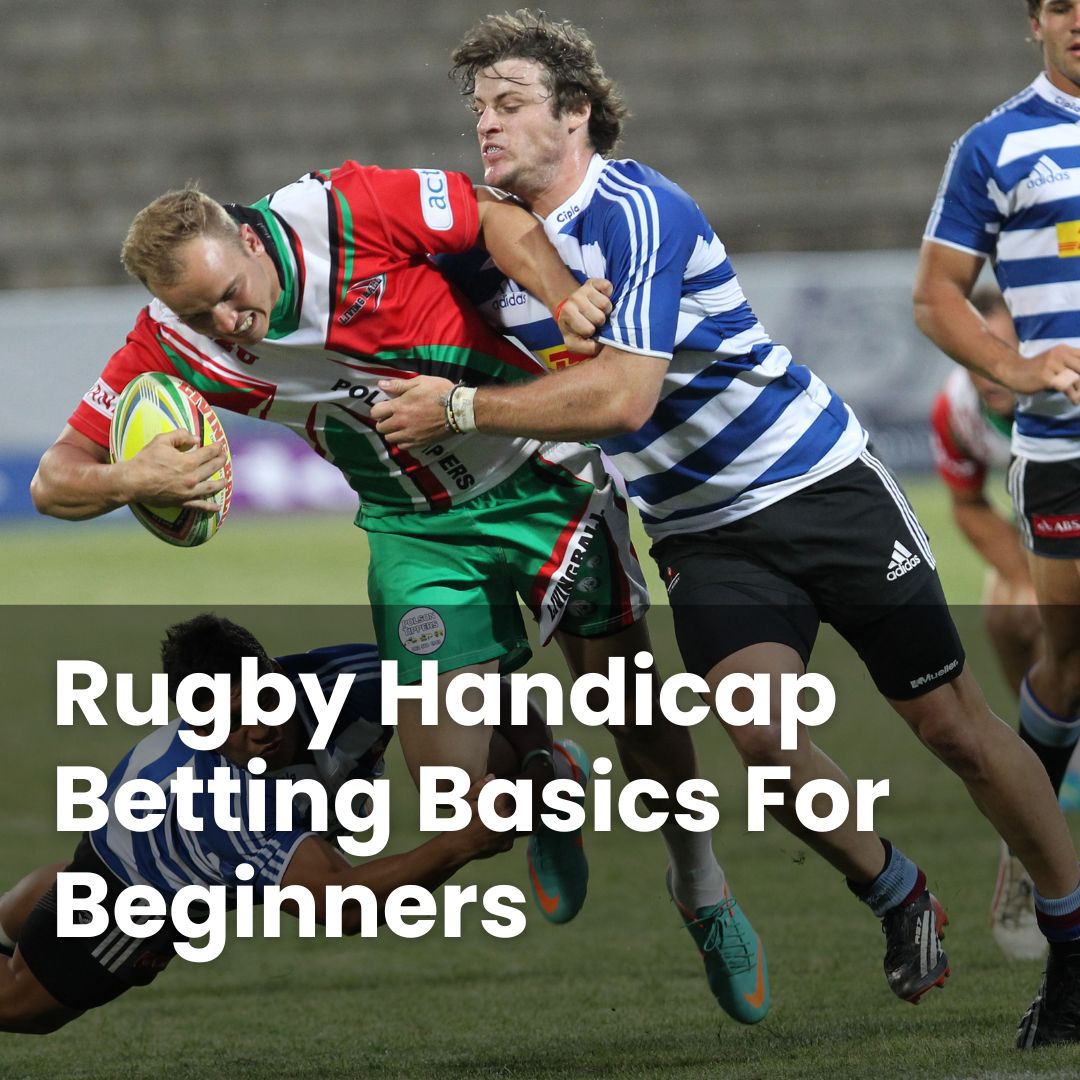Rugby is a sport enjoyed by many, and some people choose to engage with it in different ways, including exploring betting markets. For individuals who are new to this, it could be helpful to understand some of the terminology that often appears. One term frequently encountered is “handicap” betting.
If you have not placed a bet before or are curious about how handicap betting works in rugby, this guide covers the essentials. Whether it’s a Six Nations fixture or a domestic league match, understanding the basics could provide more context when looking at betting markets.
What A Rugby Handicap Bet Really Means
In a rugby handicap bet, a points adjustment is applied to one or both teams before the match starts. This adjustment is used solely for settling the bet and does not affect the actual outcome of the match. The purpose of this system is to create a more balanced market, particularly when there is a clear difference in perceived team strength.
For instance, if Team A is given a -10 points handicap and Team B is given +10, Team A would need to win by more than 10 points for a bet on them to be settled as a win. A bet on Team B would be settled as a win if they win the match outright or lose by fewer than 10 points.
It’s important to note that the result on the field remains unchanged. The handicap is only relevant to how the bet is settled. This type of market is available through licensed online and retail betting operators in the UK. Bettors should remember to gamble responsibly and within their means- only wager what you can afford to lose.
How The Points Spread Impacts Rugby Bets
The points spread is a key part of how handicap betting works. Rather than just predicting which team will win, the outcome is based on whether a team covers a set points margin. This margin, which can be either positive or negative, is applied to the team’s final score for settlement purposes.
For example, if a team has a -8 handicap, eight points are taken off their final score. If another team has a +8 handicap, eight points are added. Once the match is over, these adjustments are made and the result is calculated based on the adjusted score, not the actual result on the field.
In major competitions like the Six Nations or the Gallagher Premiership, you might notice wider spreads when teams with different levels of form or ranking face each other. When the match-up is more evenly balanced, the points spread tends to be narrower. Bookmakers usually consider several factors when setting these lines, including recent results, player availability, and weather or pitch conditions.
Even small differences in the points line—especially when half points are involved—can influence how a bet is settled. Because handicap lines can vary slightly between licensed bookmakers, taking the time to compare what’s available might offer a clearer view of how the market is being positioned.
Discover The Best Online Casinos
Browse our list of top-recommended casino sites, read reviews from real players & be the first to get access to the latest casino bonuses
Breaking Down A -14.5 Rugby Handicap Example
A handicap line set at -14.5 means the team starts with a 14.5-point deduction in the context of the betting market. The use of a half-point removes the possibility of a draw once the handicap is applied.
If a team is given a -14.5 handicap, they would need to win the match by at least 15 points for the bet to be settled as a win. For instance, if they win 30–14, the adjusted score becomes 30–14 minus 14.5, which results in a 15.5–14 score for settlement purposes.
If the team wins by fewer than 15 points, draws, or loses the match, the bet would be settled as a loss. Half-point spreads are common in handicap markets as they provide a clear outcome and help avoid ties.
The figure used in the handicap is set by the bookmaker and usually takes into account various factors such as team news, recent form, and other relevant developments.
When Handicap Betting Makes Sense In Rugby
Handicap betting may be considered in situations where there is a clear difference in perceived strength between the two teams. When one team is strongly favoured, the odds in a standard win/loss market might be limited in variety.
This type of market offers an alternative way to look at the match. In fixtures where a higher-ranked team plays against a lower-ranked side—such as during the early stages of a tournament or league—handicap betting can introduce a different perspective. By giving one team a head start or increasing the points target for the other, the market aims to balance the playing field for settlement purposes.
Factors such as injuries, squad rotation, or fixture congestion can influence how these markets are set. Handicap betting may add another dimension to following a match, even when the result appears one-sided based on rankings or form.
Rugby Handicap Odds – What You’re Actually Betting On
When considering handicap odds in rugby, the focus is on whether a team can meet the points margin set by the handicap, rather than simply winning or losing the match. The result for settlement purposes depends on how the team performs once the handicap is applied to the final score.
For example, if a team is listed at -6.5, they would need to win by at least 7 points for the bet to be settled as a win. On the other hand, if a team is given a +6.5 handicap, they must either win the match or lose by fewer than 7 points for the same outcome. The use of half-point values removes the possibility of a draw in the betting market.
Odds can be shown in either fractional or decimal formats, depending on the operator. These figures indicate the potential return, based on the amount staked and the result of the adjusted score. Handicap lines and associated odds may differ between licensed bookmakers, so it can be helpful to compare what’s available to better understand how each market is being offered.
Pros And Cons Of Handicap Betting On Rugby
Handicap betting offers an alternative approach to standard rugby betting markets, particularly when teams differ in terms of strength or form.
Advantages
- Offers a wider variety of market options beyond win/loss
- Allows for different approaches, such as backing a points start or a points target
- Can make matches with unbalanced odds more competitive in the market
Disadvantages
- Requires the selected team to meet specific points conditions, not just win
- A team can win the match but not cover the spread, resulting in a losing bet
- Depending on the line set, odds may not differ significantly from the standard market
Like all types of betting, outcomes depend on match events, market terms, and bookmaker conditions. It is important to only bet with funds you are comfortable with, and to make use of tools provided by licensed operators if you want support safely managing your activity.





